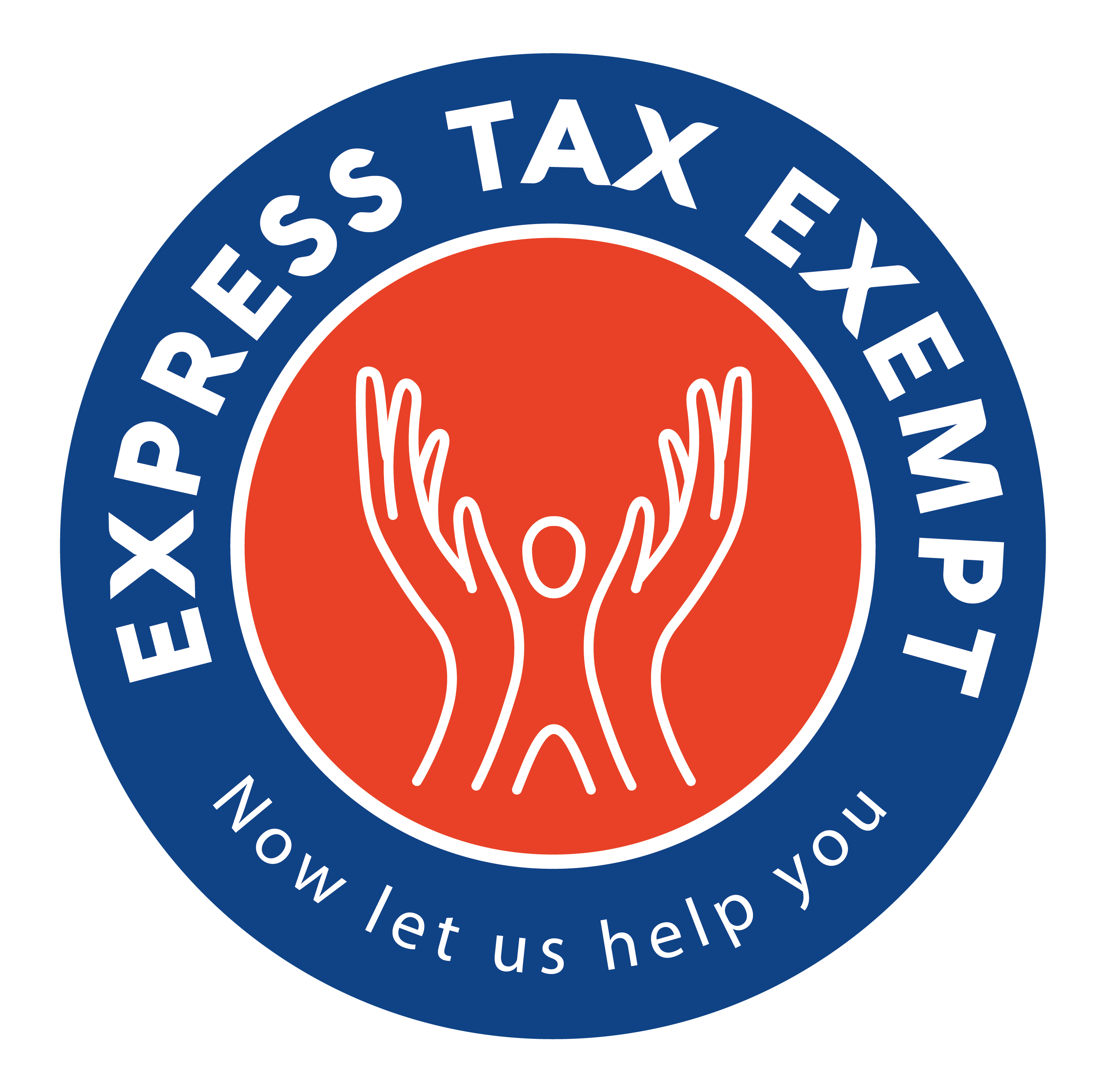Maintaining Tax-Exempt Status
- Prepare written receipts for contributions from individuals, and then register and file your annual reports that are required by your state. To make a tax deduction, a donor must have a written acknowledgement from your organization of any gift worth at least $250. You should also keep a record of the fair market value of goods and services provided by your organization. You can check your state’s official website for more information about state-specific requirements.
- Evaluate the compensation of top-tier members and contracts annually. If payment is excessively beyond industry guidelines, it could be viewed as a conflict towards your organization’s mission and ultimately lead to losing your exemption status. Any business arrangements should be formally approved, reasonable, and not in excess.
- Become familiar with the restrictions on lobbying activities. A substantial amount of lobbying can also cost you your tax-exempt status. Both the federal and state have restrictions and requirements for lobbying, which can include keeping a detailed record of such activities and expenses. For more information about lobby activities, check out one of our favorite blogs: Lobby Party.
- Pay taxes on unrelated business income, if necessary. Unrelated business income is from a regularly done service or activity that doesn’t necessarily work within your organization’s mission goal. Like lobbying, unrelated business income should be limited; if the unrelated business becomes the primary focus of your organization, you could lose your status. Take a look at our blog, Unrelated Business Income, for more information.
- Last, but certainly not least, file your required tax return to the IRS every year. Depending on your tax year, your filing deadline will always be on the 15th day of the 5th month after your tax end date. And depending on your gross receipts, you’ll either have to file the 990-N (e-Postcard), 990-EZ, or the 990 (Long).
Penalties for filing your tax return late can cost your nonprofit or charity thousands of dollars, and if you fail to file for three consecutive years, your organization loses its exemption status – no questions asked.
With ExpressTaxExempt, we support the exempt tax forms you need including the 990 series and Extension Form 8868. Our service offers impeccable features such as site encryption, McAfee secure certification, cloud computing, error checking, and interview-style questioning so you’re not just filling in a blank form on a screen.
And all of it is backed up by our live, tech-savvy support team in Rock Hill, South Carolina who is ready to assist you with the e-filing process. If you have questions about e-filing any of our available forms, dial us up at (704) 839-2321 Monday through Friday from 9 a.m. to 6 p.m. EST, or drop us a line anytime through our 24/7 email support at [email protected].


